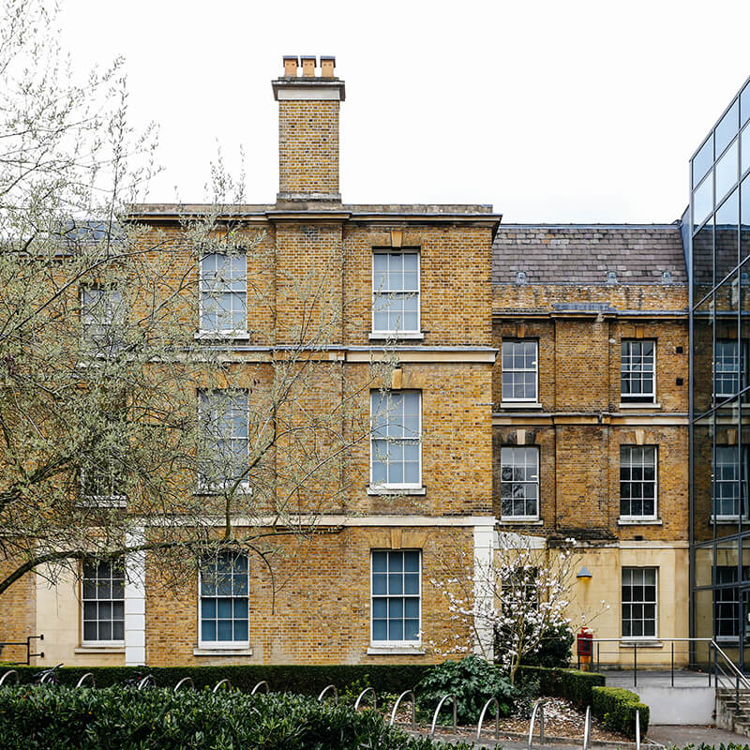ENHANCE provides bespoke evaluation to support the efficacy of digital and real-world mental well-being interventions and products.
Drawing on experts within our School of Psychology, ENHANCE is able to provide a wide range of evaluation methods for mental health and well-being providers.
The service can:
- support the development of an evidence-base
- enhance an intervention or product
- strengthen sustainability
This includes supporting the evaluation of psychological work with particular groups of clients, such as those with dementia, or young people with autism. It may also include working with companies that produce cognition and wellbeing enhancing nutritional products or digital apps. We can provide input at a range of levels, from one-off consultations to the full design and delivery of evaluations.
For more information, please contact Jonathan Isserow.

Our expertise
Our submission for the 2021 Research Excellence Framework, Improving Dissemination and Outcomes of Humanistic Counselling and Psychotherapy, was rated as having, at minimum, ‘Very considerable’ impacts in terms of reach and significance.
Client Groups and Contexts
We have conducted evaluations within a wide range of contexts and with many different service user groups. These include:
- Children and young people, with extensive evaluation research across school, voluntary, and CAMHS settings
- Children with autism and adolescents with intellectual disability
- Adult clients in counselling, psychotherapy, and other psychological therapies; across private, educational, and NHS sectors
- Work in prisons
- Creative and arts therapies
- Coaching
- We have particularly expertise in the evaluation of ‘relational’ therapies, including humanistic, person-centred, psychodynamic, integrative, and existential
- Online, app and avatar-based therapies
- Nutritional products
Study Designs
We have expertise in a wide range of qualitative and quantitative evaluation methods and have developed novel measures of global impact. Evaluation and research methods include:
- Routine outcome monitoring, through both individualised and personalised measures
- Pre-/post- measurement
- Qualitative interviews
- Focus groups
- Surveys: quantitative, qualitative, or mixed
- Randomised controlled trials
- Cost-effectiveness analyses
- Analysis of moderators, mediators, and predictors of outcomes; analysis of helpful/unhelpful factors
- Case studies
- Measure development
- Literature reviews and meta-analyses
- Competence development and training
- Psychometric scale development
- Online and in lab attention tasks
- Development of image sets (e.g., photo editing)
- Structural equation modelling
- Meta-analysis
- Evaluating and analysing social interaction
- Evaluating, designing, running and analysing experimental/clinical trials involving multicomponent behavioural, nutritional and psychopharmacological treatments
- We have expertise in a wide range of qualitative analytical methods, including thematic analysis, grounded theory, interpretative phenomenological analysis, consensual qualitative research
- Development of theories of change/logic models
- Evaluation as part of a Knowledge Transfer Partnership
Examples
Published papers and articles from evaluation or research work we have been involved in can be found here under staff expertise:
Prof Fernand Gobet
